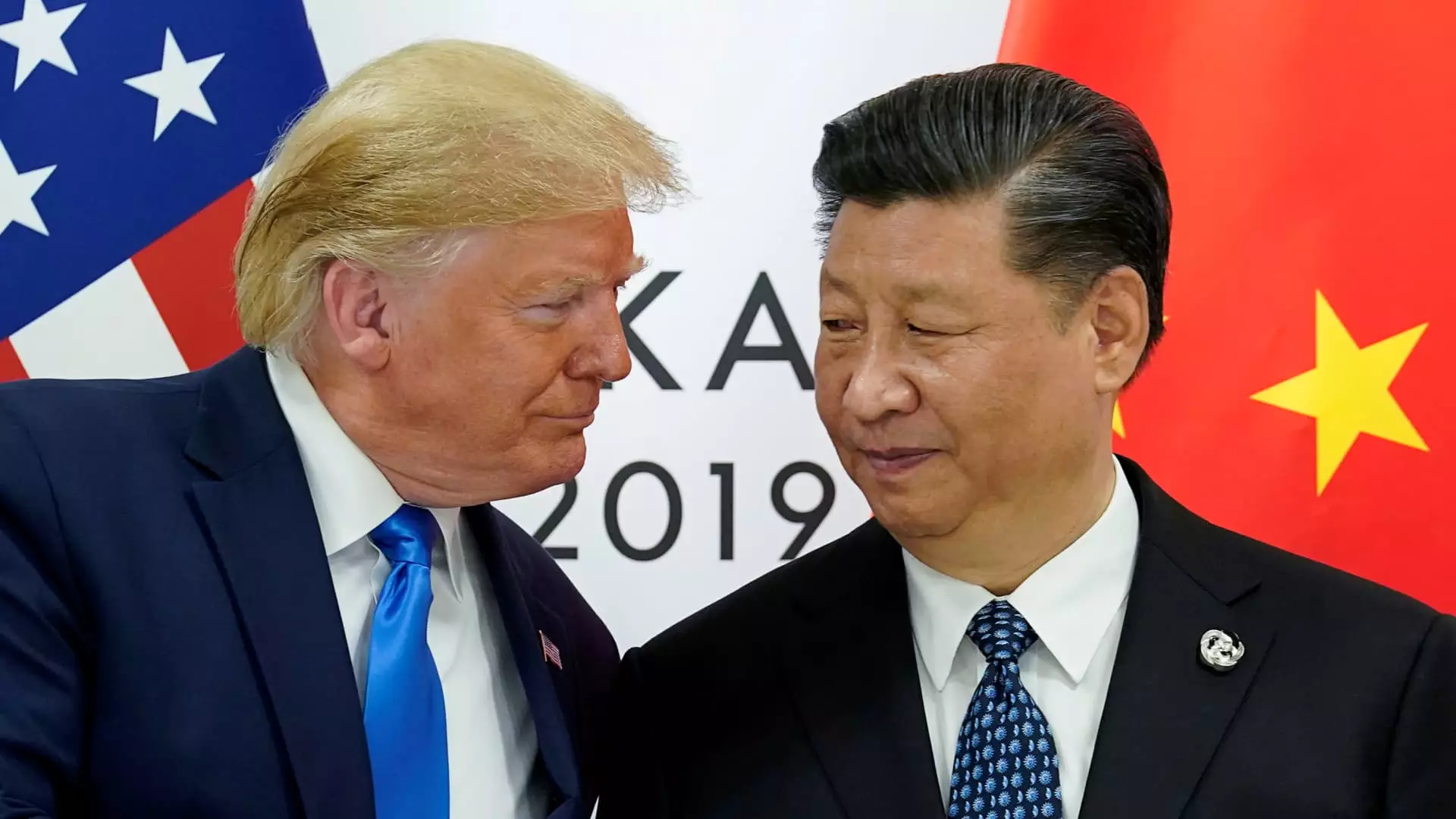In an era marked by increasing economic friction, China has signaled its readiness to engage in negotiations as the potential for significant tariff hikes on its exports to the United States looms large. President Donald Trump recently suggested that tariffs on Chinese goods could rise by 10% as early as February 1. This potential change coincides with the White House’s announcement of an investigation into China’s trade practices, highlighting ongoing tensions in the trade dynamic between the two nations.
China’s Ministry of Commerce has responded to these developments with a call for continued dialogue and cooperation. Spokesperson He Yadong emphasized the importance of maintaining communication with U.S. authorities on trade issues. He articulated hopes that both nations, under the leadership of their respective heads of state, would work to strengthen dialogue and manage existing differences. This sentiment underscores China’s commitment to fostering a stable and cooperative economic relationship with the U.S.
The commercial spokesperson remarked that tariffs are detrimental not only to the countries involved but also to global trade as a whole. His assertion points to a growing concern that escalating trade barriers could hamper both economies, making cooperation not just beneficial but necessary for sustained growth.
Trump’s administration has weighed varying tariff percentages throughout its tenure, including a preliminary proposal of 60% tariffs during his campaign, which could significantly reshape the economic landscape. Although the current consideration of a 10% increase seems moderate by comparison, it still represents a potential escalation of tensions. There is also speculation that these tariffs could be utilized as leverage against Beijing-based ByteDance regarding the future of its popular app, TikTok, in the U.S. market.
During a recent phone call between Trump and Chinese President Xi Jinping, trade and technology issues were discussed, albeit with differing focuses in each country’s official recaps. While Trump highlighted potential tariffs, Xi’s stance appeared to emphasize the mutual benefits of the existing trade relationship.
The calls for collaboration have been echoed by Chinese Foreign Ministry spokesperson Mao Ning, who reiterated China’s openness to handling differences diplomatically and pursuing mutually beneficial collaborations. Mao emphasized that while China remains committed to maintaining constructive relations, it will not hesitate to protect its own economic interests. This delicate balance between negotiation and self-protection is crucial in navigating the complex dynamics of U.S.-China relations.
As stakeholders on both sides examine the implications of rising tariffs, the overarching goal remains clear: to foster a stable and sustainable economic partnership. The future of trade between China and the U.S. hinges on the ability of both nations to engage in constructive dialogue while finding common ground amidst their differing objectives.
As the situation unfolds, it becomes increasingly vital for China and the U.S. to prioritize communication and respectful negotiation over adversarial approaches. With the potential for tariffs looming, the proactive steps taken by China to promote dialogue may hold the key to averting further escalation. The success of these negotiations could redefine the economic future of both nations and has profound implications for global commerce at large.

